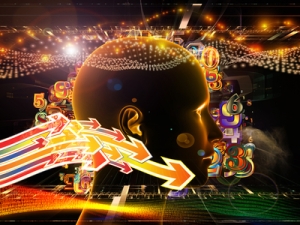When you give yourself permission to communicate what matters to you in every situation you will have peace despite rejection or disapproval. Putting a voice to your soul helps you to let go of the negative energy of fear and regret.” ― Shannon L. Alder
The disengaged workforce is a topic that is often presented in a variety of media outlets. 35% of workers are happy about the work they do and that isn’t a very big number. That is most people are willing to accept a paycheck from the business that they work for but aren’t willing to do much more that show up every day. What is really going on?
People are hired to make a contribution, to add value, to increase profits and it would seem that something is inhibiting them from making a contribution, a full contribution that really matters. Is it the people they work for? Is it a manager that can’t or isn’t willing to let people think and use their abilities fully? Are people given permission to succeed or are they required to ask for permission to succeed?
If you need to ask for permission to do your job then something is wrong. How many times would you be willing to for permission to accomplish something that you could just do? Do you need permission to spend money? Do you need permission to talk to someone? Do you need permission to have a meeting? Do you need permission to come up with a new way of doing things? Do you need permission from your manager to _____________?
If you work in a culture that requires permission each step of the way to do your job what results will you be producing?
There are reasons to ask for permission to do things and those things should be known in advance. There may be political concerns that require permission before taking action. Sometimes permission is needed and often it is just a way to control the imagination and contribution people could make.
What do you need permission to do? How do you feel when you need to ask for permission?



